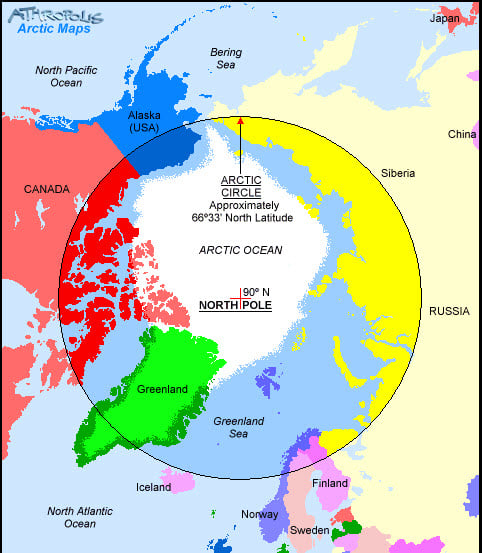Postcards from the florida republic
An independent and profitable state of mind.
Assume for a moment that the world moves away from the dollar-based economic system of post-World War II years. After all, some 41 nations want to join the BRICS (Brazil, Russia, India, China, and South Africa) in a global economic bloc able to wean itself off the U.S. dollar.
You've probably heard a lot about this possible event. And while it might seem inevitable, the real debate lies in how long it will take for a gold-backed BRICS currency to come to fruition and gain the collective trust of businesses in nations all around the world.
Of course, if you think the Federal Reserve is insane… you'll love the unaccountable authoritarian leaders of the BRICS, all supported by the Bank of China.
But consider the idea of a gold-backed currency that would replace the dollar – and be used to accelerate trade in industrial commodities like copper, silver, gold, oil, natural gas, and more.
In a world like that, what becomes the most valuable real estate?
Some might argue farmland in Iowa… wheat fields in China, uranium mines in Niger, or even the building housing the BRICS "central bank…"
But the right answer is thattaway… to the north. In an out-of-the-way corner of the world that's still echoing with the dramatic sound of saber-rattling…
Welcome to the Roof of the World.
While everyone's arguing over who did it worse in the White House… while people argue about the social messages of the Barbie movie…
Real problems are unfolding which warrant our attention.
We've been lucky over the last decades to enjoy the benefits of the reserve dollar system – all while exporting our inflation to supply chains in Asia and enjoying relatively cheaper oil and gas than most of the world.
But China's media is acting like it's prepared to go to war next week over Taiwan. It's been hoarding natural resources over the last five years like it's ready for a rationing war economy.
Eight days ago, the nation sent America a message to not allow a Taiwanese official to travel through the U.S. to get to Paraguay.
The author, writing in state-owned China Daily, is a senior fellow at the American University in Moscow. Then, a paragraph later, this nugget:
"Unfortunately, U.S. policymakers and almost all Congress members are obsessed with posturing against both Russia and China so they can present themselves to the U.S. public as crusading knights for a so-called democratic ideal they conspicuously fail to practice in their own country."
Woof…
The author warns of looming war.
For every action, it seems, there is a reaction.
China Moves Into the Arctic

There are only supposed to be seven nations with claims to portions of the Arctic Circle: Canada, Denmark (via Greenland), Finland, Iceland, Norway, Russia, Sweden, and the United States.
Nations are extremely interested in these territorial claims because of the sheer amount of minerals in the region. The U.S. government says that roughly 22% of the world's natural gas and oil may lie under the far north. Russia thinks there are at least 67 billion barrels of oil in the region.
The Arctic also contains an unknown amount of phosphate, bauxite, iron ore, copper, nickel, and diamond. All of these have significant value in a global economy that will need more resources. Russia already extracts bauxite in the region – a critical input to aluminum production.
Well, China is now showing up to the party uninvited.
Daniel Kochis, a research fellow in trans-Atlantic security, wrote a piece this week on behalf of the Heritage Foundation.
Kochis notes that six days ago, 11 Chinese and Russian naval vessels buzzed passed the Aleutian Islands in Alaska. The U.S. Navy had to dispatch four destroyers and patrol aircraft in response.
"This is unprecedented," said U.S. Senator Dan Sullivan (R-AK), "not just for Alaska, but for America to have 11 warships jointly being operated by the Chinese and Russians — who are increasingly working together — essentially doing freedom of navigation and navigation operations incursions into Alaska's area."
It's clear Kochis has been watching this situation for a while.
He notes that in 2018, China's Polar Research Institute advocated for purchasing an airport in Finland. The purpose: To expand its reach into the region and conduct surveillance "listening exercises" under the guise of scientific research. Simply put, they'd be tracking U.S. and allied submarines. This same process of sound research under the guise of civilian work is exactly how the U.S. developed advanced technology to track Soviet subs during the cold war.
But the real story here – is China's desire to call itself an Arctic state – even though it's the distance from Boston to Chicago – in terms of its proximity to the polar lines.
It wants in over the resources… Kochis notes that China is doing everything possible to establish its position. That includes owning twice the number of icebreakers in the United States… attempting to take over a gold mine in the Nunavut territory of Canada, efforts to build satellite dishes in Greenland, and spending $90 billion helping Russia with extraction projects.
For all the concerns about the war in Ukraine, brewing tension in Western Africa, and worsening conditions around Taiwan… keep a very close eye on the Roof of the World.
The reason: That's where the gold and oil sit.
Stay positive,
Garrett Baldwin
About the Author
Garrett Baldwin is a globally recognized research economist, financial writer, consultant, and political risk analyst with decades of trading experience and degrees in economics, cybersecurity, and business from Johns Hopkins, Purdue, Indiana University, and Northwestern.



